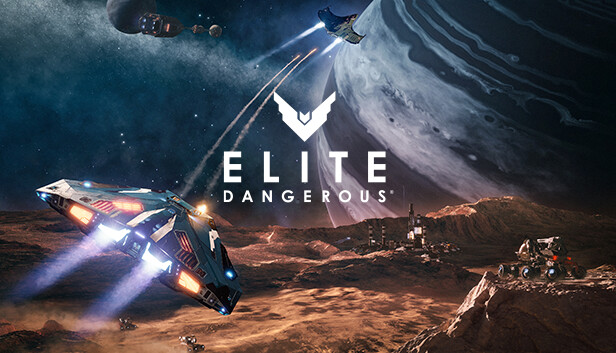What if one day you woke up, eager to dive into your favorite digital world, only to find that it’s vanished into thin air, with the only trace of its existence being memories and a hole in your wallet? This isn’t a plot for a dystopian novel; it’s a reality many gamers face today. Enter the scene, Ross Scott of Accursed Farms, a valiant YouTuber wielding the banner of the ‘Stop Killing Games’ campaign, charging against the stronghold of game publishers determined to pull the plug on beloved titles.

Ross Scott, better known for his engaging YouTube series Freeman’s Mind and Ross Game Dungeon, has been a vocal critic of the growing trend among game publishers to render games unplayable by shutting down servers or delisting titles. His campaign seeks to halt this practice, which he views as an affront to game ownership and preservation. The straw breaking the camel’s back was Ubisoft’s recent decision to terminate the servers for The Crew, a popular racer with a player base of 12 million, rendering it inoperable. Scott’s response? Launch a campaign to save our games.
This initiative is not just a knee-jerk reaction but a well-thought-out plan to engage governments in the conversation about digital game preservation. The primary target? France’s Directorate General For Competition, Consumer Affairs And Fraud Protection (DGCCRF). However, the campaign has its sights set on a broader horizon, with petitions being prepared for the United Kingdom, Canada, Australia, and even plans for the European Union, albeit with expected delays due to processing times.
The heart of the issue is the murky water of digital ownership rights. Many modern games come with a disclaimer, suggesting that what you’re buying isn’t the game itself but a license to play it, as long as the publisher decides to support it. This legal loophole has yet to be challenged significantly in court, leaving gamers in a limbo of ownership. The ‘Stop Killing Games’ campaign aims to bring this issue into the spotlight, hoping to spur legal action that protects consumers’ rights to the games they’ve purchased.
But why is this such a pressing matter? Imagine spending your hard-earned money on a game, only for it to be yanked away without warning. It’s not just about the money; it’s about the memories and experiences that vanish along with the game. This campaign is fighting not just for the preservation of games but for the preservation of our digital heritage.
Critics may argue that the nature of digital goods is inherently temporary, comparing game ownership to car parts no longer in production. However, the fundamental difference lies in the feasibility of preservation. Unlike physical goods, digital content doesn’t degrade over time; its disappearance is a choice made by the publishers, not an inevitability.
Furthermore, the argument that government intervention is unrealistic misses the point. The campaign isn’t asking for the impossible; it’s asking for accountability and transparency. If a game must be taken offline, then at the very least, publishers should provide clear warnings and explanations, not bury the details in fine print EULAs that few read and even fewer understand.
As this campaign gains momentum, it’s essential to remember that it’s not just about saving The Crew or any single title. It’s about setting a precedent for the future of digital content ownership. In a world where digital goods are becoming the norm, the outcome of this fight will shape not only the landscape of gaming but of digital consumer rights at large.
It’s time to take a stand, not just as gamers but as consumers. The ‘Stop Killing Games’ campaign is a call to arms for anyone who believes in the right to own, preserve, and enjoy the digital worlds into which we’ve poured our hearts. So, let’s rally behind Ross Scott and his noble quest. After all, in the vast universe of gaming, every player counts, and every game deserves to be remembered, played, and cherished, long after its servers have gone silent.
Related posts:
“Stop Killing Games” is a new campaign to prevent publishers from taking their titles offline
Drama – Community – Stop publishers from destroying games
Ready or Not peaks at over 55k concurrent players after 1.0 release, indicating strong launch for VOID Interactive





